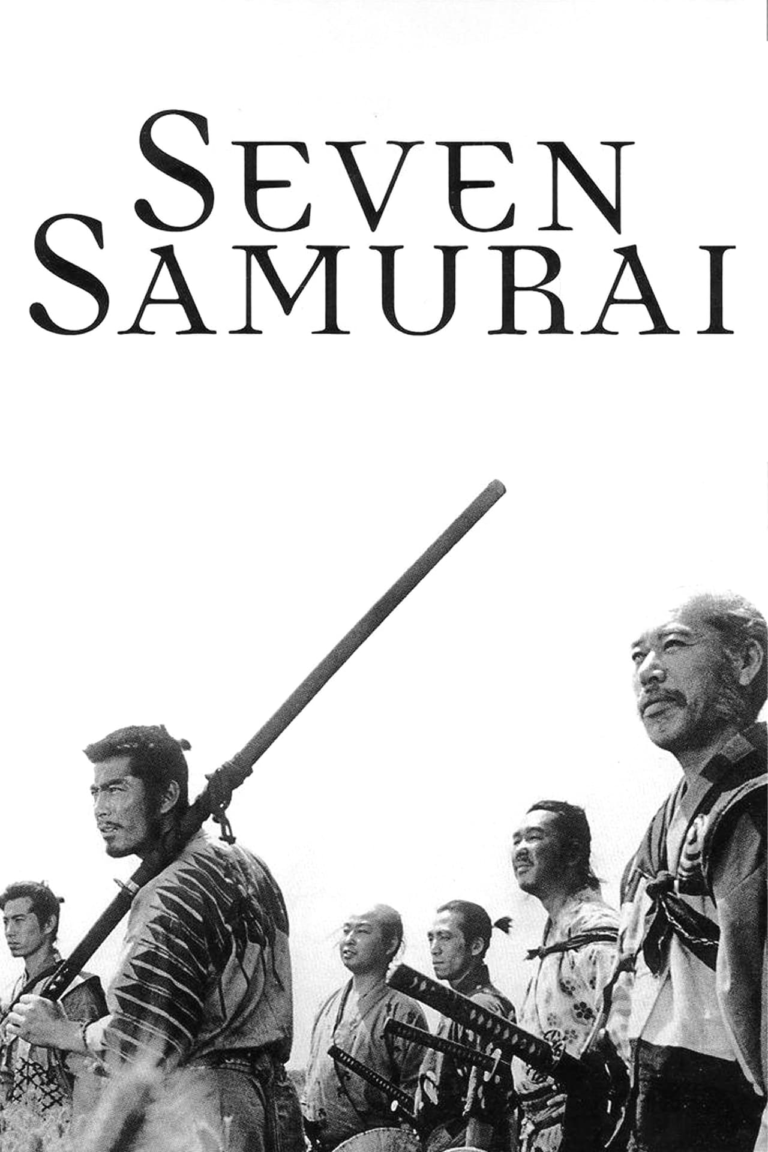How to Make Millions Before Grandma Dies Christian Review

How to Make Millions Before Grandma Dies. Sounds like a riotous comedic set up, doesn’t it? You can almost envision the premise: A family scurries around possibly pillaging grandma of an inheritance; think cheeky comedic animal names, slapstick shenanigans, in-fighting among greedy relatives. Spoiler alert: it’s not that. While this Thai melodrama sounds as if it’s going to conform to the genre associated with the clever title, it is earnest in delving deep into family, love, redemption, but yes, also death. Director Boonnitipat has created something sweet and emotional, and at times heartbreaking.
The film sets up a familiar scenario. Grandma is about to die, there is an inheritance to be contemplated: we could dissect and critique this narrative treatment further, but honestly the heart of the film is so much more intimate. It is ultimately about the relationships in the upcoming family chaos. It is about what is left unsaid, regret, and the love, often unexpressed, that binds families together. It’s a movie that wears its sentimentality on its arm with pride, and in many ways this is what it a charming show.
A Terribly Misleading Premise
At first sight, How to Make Millions Before Grandma Dies sets itself up like one of those cinematic worlds where family are scheming or plotting amongst themselves for their guaranteed share. However, as you read the joyful plot, it defines quickly that Centenarian grandmother’s inheritance is less materialistic and more about the love and morals learnt during her earthly life. This’s where the film excels
Given the very tight time storyline for a typical cinematic time frame we flutter with the family as rah-rah grandmother’s belief is we rediscover something within each of us as our family being wrapped and loved ultimately trumps inheritance. A common theme for religious Christian audiences as essentially as children, particularly, nurturing outspoken opinions, they are raised by and sheltered by those family-loving beliefs.
Themes of Grace and Redemption
Redemption is central to the film’s narrative. The grandmother, in many ways, acts as a symbol of grace. Even though her family members are deeply flawed, especially in their relationships with one another, she holds them together, offering them the kind of love and understanding that feels almost divine.
It’s reminiscent of the parable of the Prodigal Son, where the father waits with open arms for his wayward child to return. Here, Grandma serves as that figure of love and reconciliation. Even when her family members hurt one another—intentionally or not—she’s there, offering forgiveness and love. In many ways, her character is a reflection of Christ’s grace, which covers all our sins, no matter how deep.
The family dynamics in this film are complex. Each member of the family has their struggles, their own baggage that they bring to the table. But it’s Grandma’s love that allows them to begin healing those old wounds. For Christian viewers, this will feel familiar—after all, isn’t that the essence of the Gospel? The idea that grace can heal even the deepest wounds and that no one is beyond redemption?
Dialogue That Cuts Deep
One of the things that really stands out in this film is the dialogue. It’s sharp, biting, and deeply emotional. The conversations between family members are raw and real, and you can feel the tension simmering just beneath the surface. Boonnitipat’s script is full of moments that will make you pause, reflect, and maybe even shed a tear or two.
For Christians, the power of words is something we’re reminded of constantly. In the Bible, we’re taught that “the tongue has the power of life and death” (Proverbs 18:21). In this film, you can see that power in action. The words that the characters exchange have the ability to build bridges or burn them to the ground. There’s a raw honesty in the way they speak to one another, even when the words are harsh or hurtful. But it’s through that honesty that healing begins.
A Middle That Falters
As much as this movie has to offer, it’s not perfect. The middle portion of the film drags a bit, and it’s easy to feel like the story gets lost in itself for a while. The pacing slows down, and you might find yourself wondering if the movie has lost its way. It’s a shame because the beginning and the end are so strong, but the middle stretch feels like it could have used a bit more focus.
As Christians, we often talk about running the race with endurance (Hebrews 12:1), and this film could have taken a lesson from that. It starts off strong, with a clear sense of where it’s going, but somewhere in the middle, it loses steam. Fortunately, it picks back up in the final act, delivering an emotional payoff that makes the slow parts feel worth it.
Sentimentality Done Right
There’s no getting around the fact that this is a sentimental film. Some people might be turned off by that, but honestly, the sentimentality is one of the film’s strengths. The emotions are raw and real, and they’re delivered with a kind of authenticity that makes the sentimentality feel earned rather than forced.
As Christians, we know that emotion isn’t something to shy away from. The Bible is full of deeply emotional moments, from the joy of Christ’s resurrection to the sorrow of his suffering on the cross. This movie taps into those same kinds of emotions—love, loss, redemption—and it does so in a way that feels genuine. The sentimentality is never overdone, but it’s always present, reminding us of the importance of love and family.
Family: The Heart of the Story
At its core, this movie is about family. It’s about the way we love each other, even when it’s hard. It’s about forgiveness, reconciliation, and finding a way to move forward together, even after years of hurt and misunderstanding.
In the Christian faith, family is central. We’re taught to love, forgive, and support one another, even when it’s difficult. This movie reflects that beautifully. The family in this film is far from perfect, but by the end, they’ve found a way to come together, to forgive one another, and to start healing. It’s a reminder that no family is beyond hope, and that love truly does conquer all.
Final Thoughts: A Story of Love and Grace
How to Make Millions Before Grandma Dies is not the movie its title would have you believe. It’s not a silly comedy about greedy family members—it’s something far more meaningful. It’s a movie about love, forgiveness, and the grace that holds families together, even in the hardest of times.
For Christian viewers, this movie will resonate deeply. It’s a story of redemption, of family healing, and of the grace that we all need in our lives. While it may falter in the middle, the film’s emotional depth and strong performances make it worth watching. It’s a movie that will leave you reflecting on your own relationships, and perhaps even inspire you to seek reconciliation in areas of your life where it’s needed.
Rating: 7/10
This movie has its flaws, particularly in its pacing, but its emotional core is strong. For Christian viewers, the themes of grace, forgiveness, and family make this a film worth watching.



